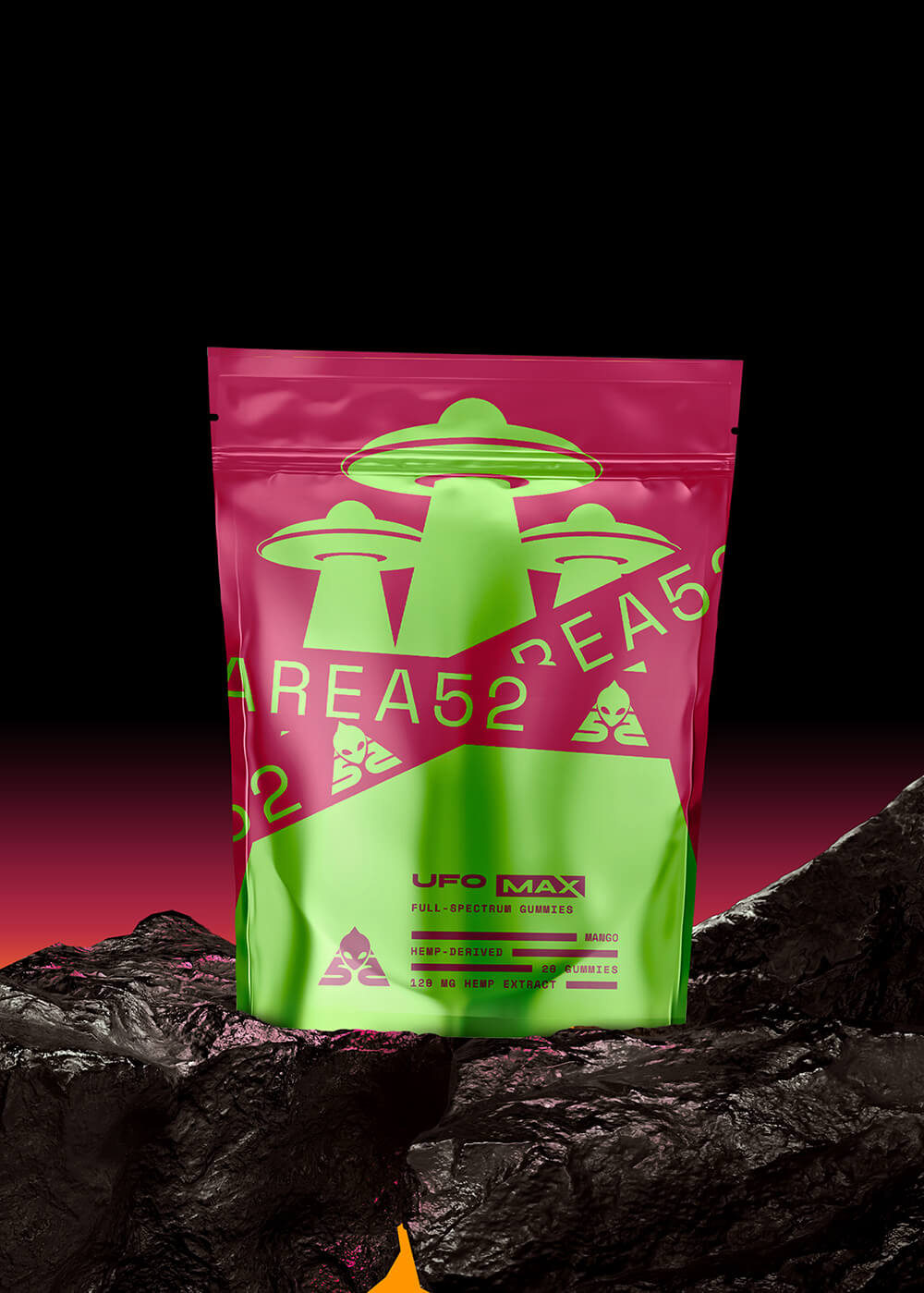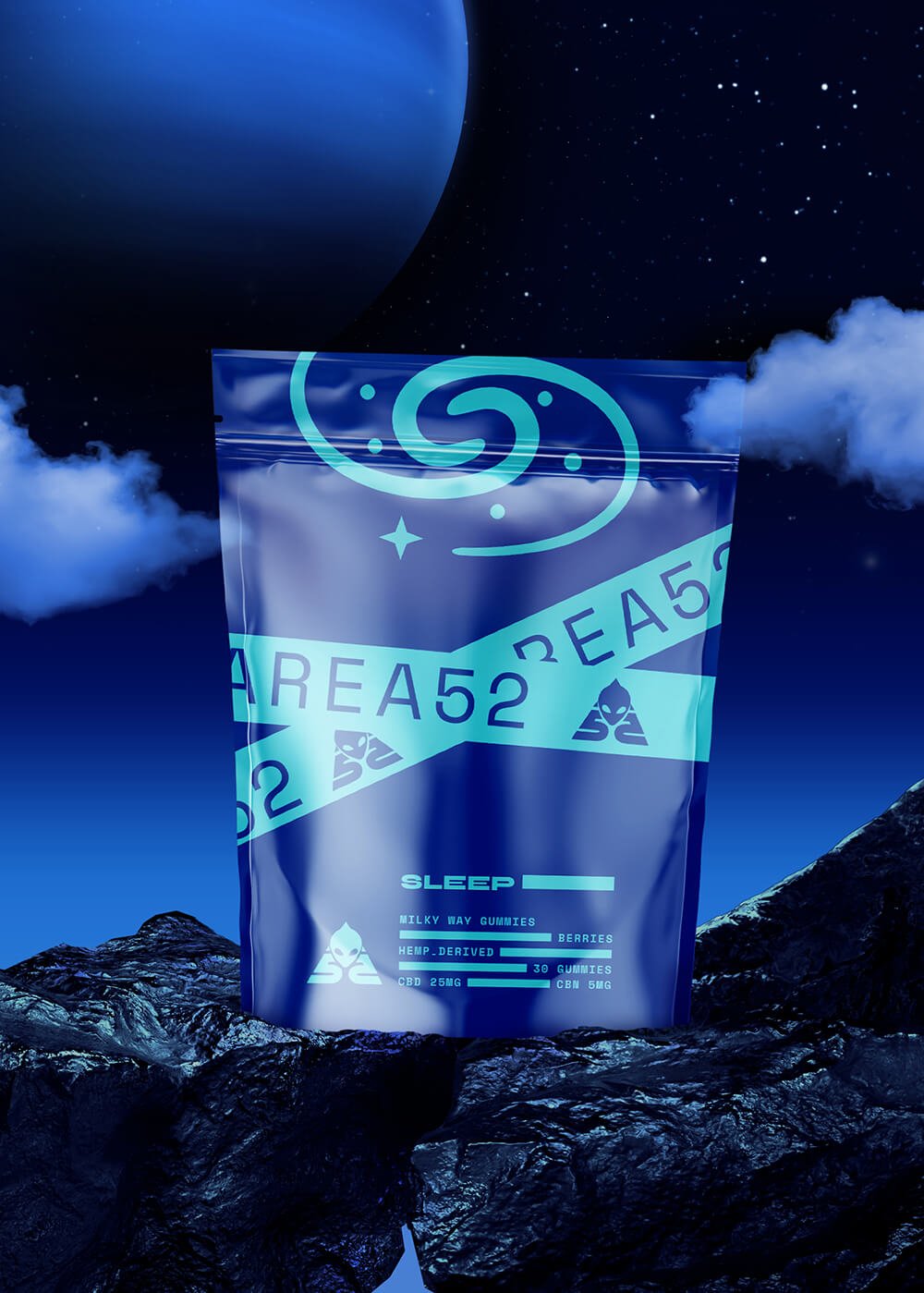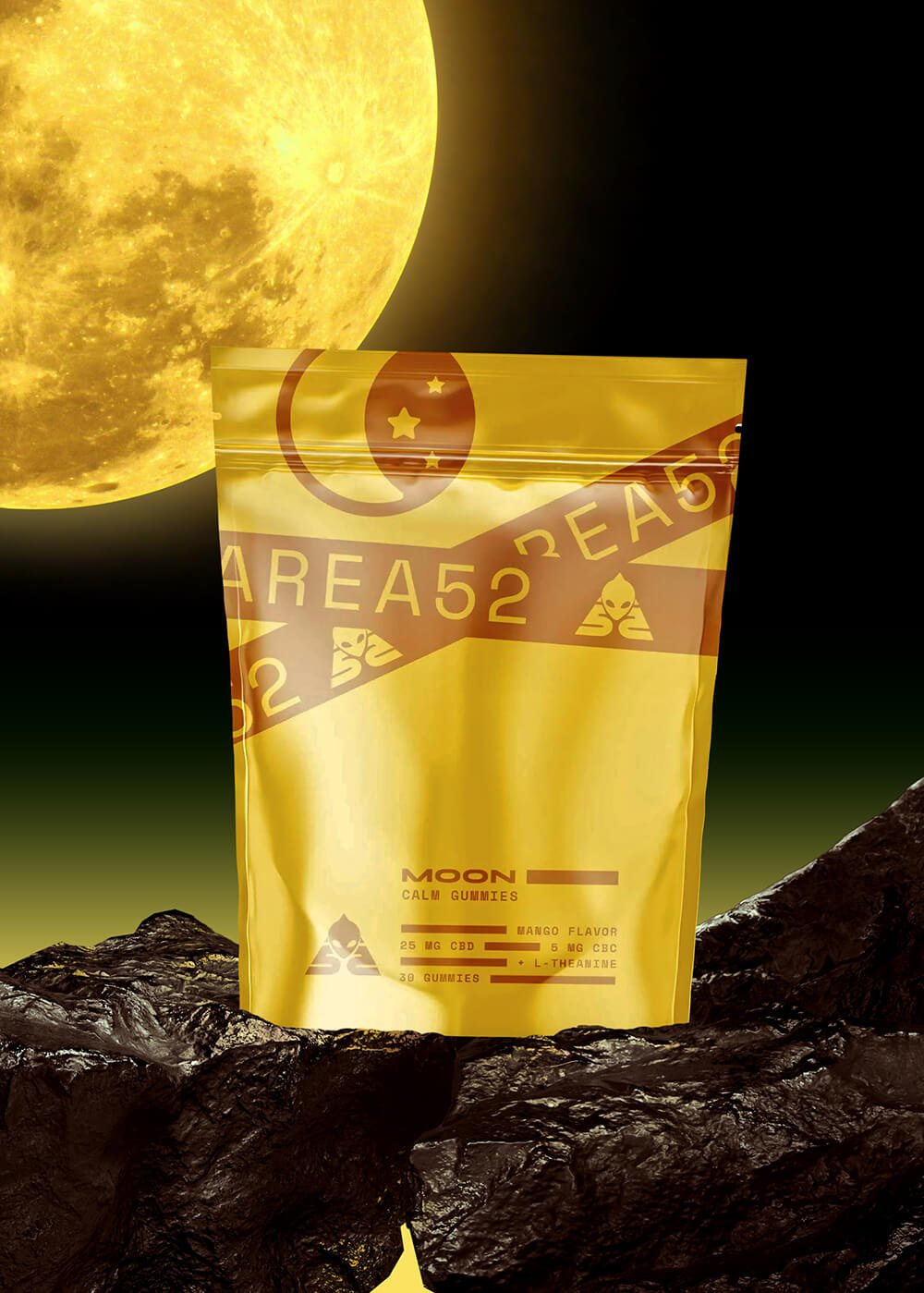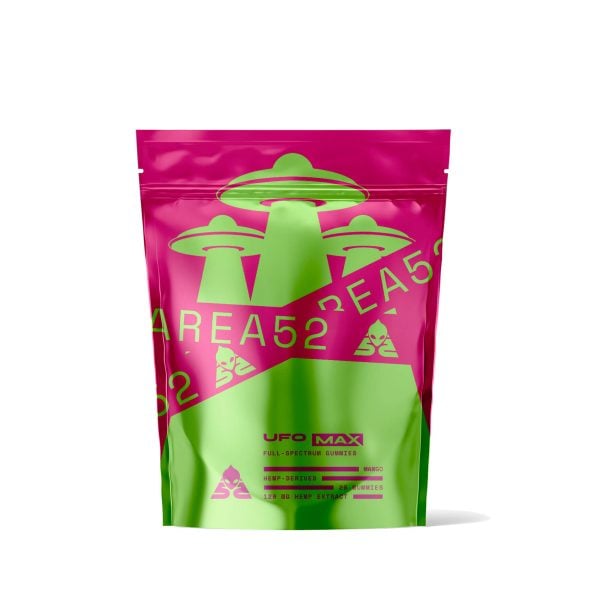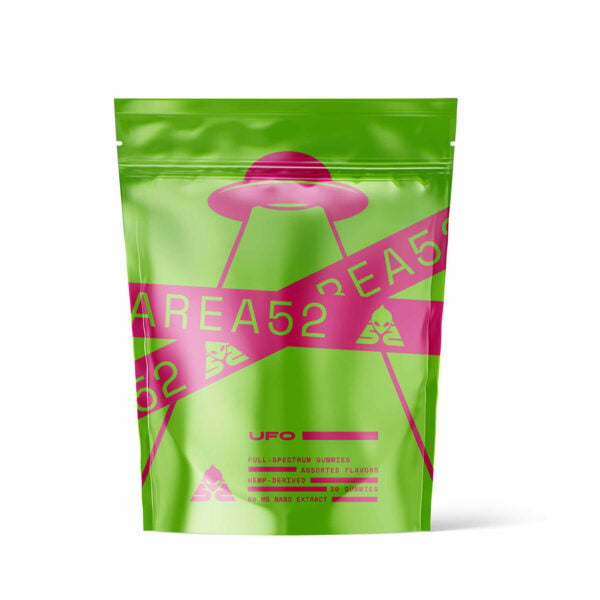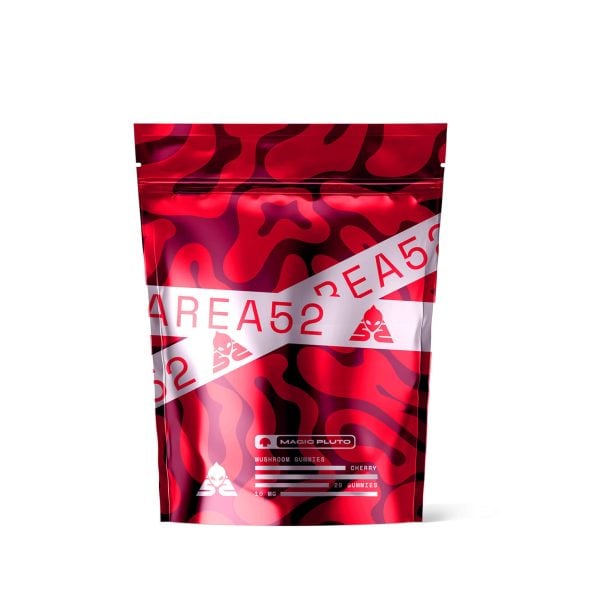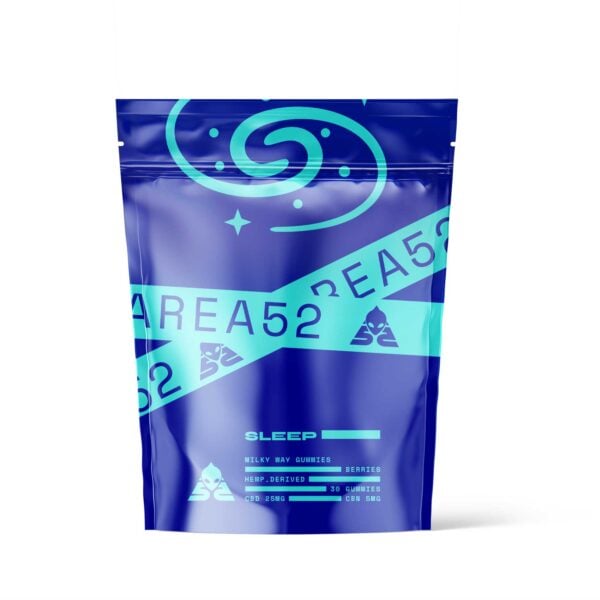Delta 8 THC in Connecticut: Is It Legal & Where to Buy in 2025?
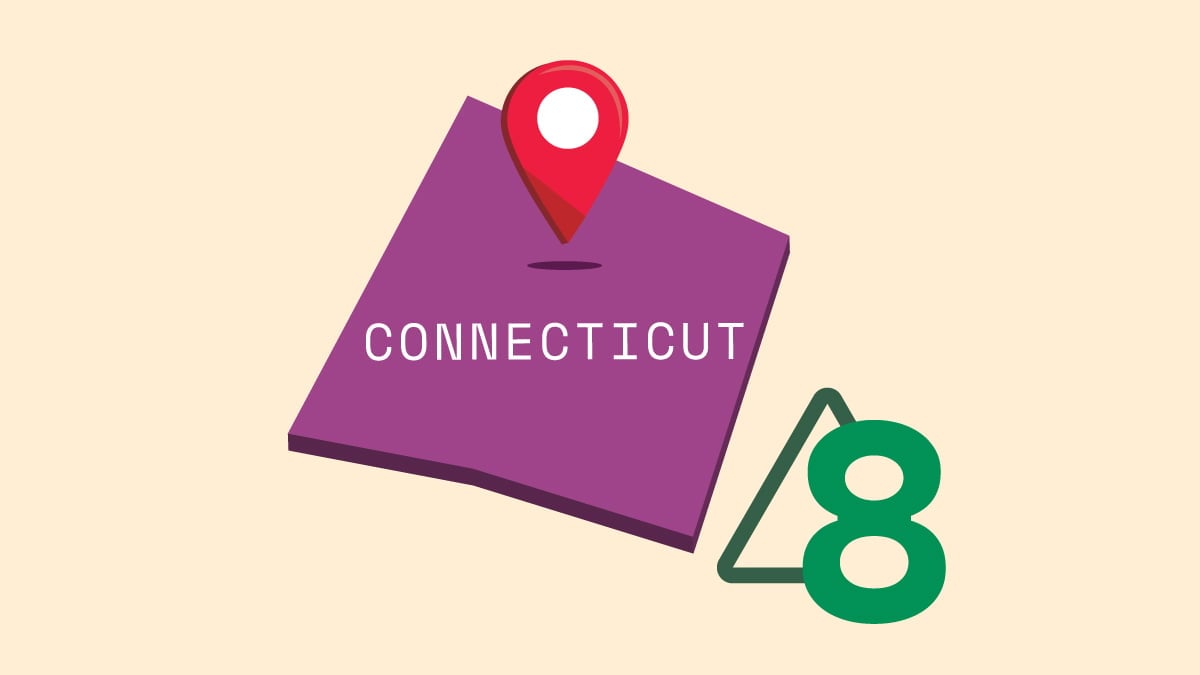
There is a new product taking the marijuana industry by storm. And the biggest kicker? It’s totally legal in Connecticut as of July 1, 2021.
Unfortunately, delta 8 THC is regulated under the same laws as delta 9 THC in CT — which means you won’t be able to order it online. Only state-registered dispensaries are legally allowed to sell this cannabinoid.
Let’s dig deeper into this new substance, its user effects, and the laws that make it possible to sell. Regulations are constantly changing; we will discuss the future of this substance and the best places to get your hands on it currently.
Is Delta 8 Legal in Connecticut?
Good news! Delta 8 THC is officially legal in the state of Connecticut as of July 1, 2021.
Senate Bill 1201 — signed into law June 22, 2021 — firmly establishes adult-use cannabis and appends the existing regulation.
According to the act, any products with a total THC concentration exceeding 0.3 percent on a dry weight basis are now legal under special rules. This definition includes delta 7, delta 8, delta 9, and delta 10 THC.
The catch here is that only registered dispensaries within the state will be permitted to sell these products. Hence why we’re no longer able to ship to the state of Connecticut.
Where to Buy Delta 8 THC in Connecticut

The prevalence of medicinal marijuana storefronts is steadily increasing across the country.
Unlike in the early decades of legal, medical marijuana shops, stores today are stocked with a wide variety of products. This includes CBD, oils, edibles, drinks, and now delta 8 THC.
While normally, the best place to buy delta 8 THC is online, you can’t get this product from unregistered vendors. Currently, the only vendors in Connecticut are retail shops.
Do I Need A Medical Card in Connecticut To Order Delta 8 THC?
In Connecticut, as with most states, users do not need a medical card to purchase delta 8 THC. A card is only necessary when trying to purchase products containing delta 9 THC for medicinal reasons. However, users must be at least 18 years of age to purchase delta 8 THC.
Some companies have chosen to increase the purchase age to 21, but that is not common practice. You will also need to prove you are a Connecticut resident before you’re allowed to buy delta 8 THC.
Is Delta 8 THC Legal Federally?
Yes, delta 8 THC is federally legal according to the 2018 Farm Bill [1].
The federal bill formally removed hemp from the list of Schedule 1 narcotics. This included cannabidiol (CBD) and any other derivatives. Delta 8 THC falls under the category of other derivatives.
While each state is allowed to control the regulations within the state, this federal mandate was a big win for the hemp and CBD industry.
Is Delta 10 THC Legal in Connecticut?
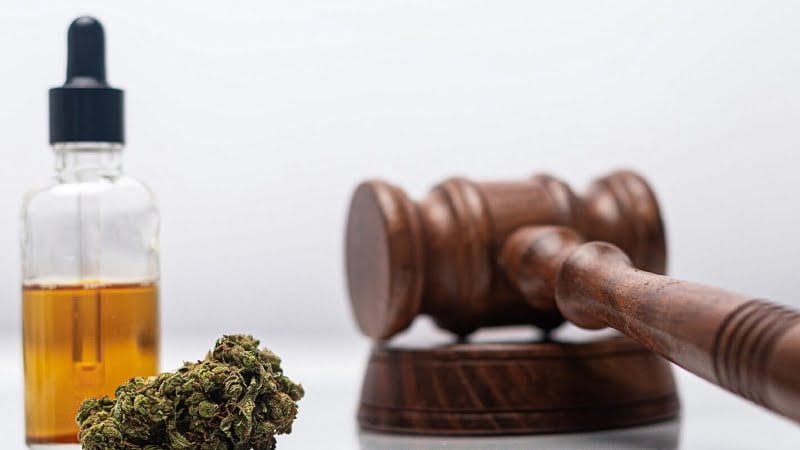
Delta 10 tetrahydrocannabinol is similar to delta 8 tetrahydrocannabinol and is synthesized in the same manner. This substance is also legal since it finds its roots in CBD. The current restrictions of THC only apply to delta 9 THC.
Both compounds are less potent than delta 9 THC. The only major difference is users describe delta 8 THC as producing a relaxing effect, similar to Cannabis indica. In contrast, delta 10 THC produces a more uplifting and energizing effect similar to Cannabis sativa.
Delta 10 THC is subject to the same new laws put in place in the state of Connecticut.
TL, DR: Delta 10 THC is legal in Connecticut but must be distributed by a registered retail vendor.
Is Delta 8 THC Natural?
The term “natural” is thrown around constantly. It can be used to describe food, clothing, and even furniture.
It is a marketing tool to make consumers think the product they are buying or consuming either exists in nature or has been made with little human intervention. But from a regulatory point of view, the word “natural” doesn’t mean anything.
There is no governing body that monitors the use of this word. In fact, a company can label something as “all-natural,” and all of the ingredients can be synthetically made.
Here’s the crux of the matter. Delta 8 THC is made in a lab, but so are vitamin C and CBD — yet neither of these substances is considered synthetic. This is because they’re found in nature without any human intervention.
The same statement is true for delta 8 THC. Chemists merely work to create optimal conditions for converting hemp-derived cannabinoids into delta 8 THC as found in nature. There’s nothing about this process that should prompt the DEA to come out and classify delta 8 THC as synthetic.
How to Use Delta 8 THC
Delta 8 THC, like CBD and delta 9 THC, is versatile in the way it can be administered. There have been many developments within this industry over the past few decades, and this substance can be enjoyed in various ways. These include,
- Smoking or Vaping
- Tinctures
- Oils and Distillates
- Edibles and Gummies
- Topical Sprays
The challenge with delta 8 is finding the correct dosage. This is a new product that many users are not necessarily familiar with.
It’s recommended to begin with a small dose and gradually increase to achieve the desired effects. It’s important to remember your body metabolizes delta 8 at different speeds depending on the administration pathway.
For example, the effects after inhalation can begin in 10–20 minutes, but if ingested, the effects can take up to 90 minutes to begin. This needs to be kept in mind before taking another dose.
This Importance of Third-Party Testing
Third-party testing is the only way for a vendor to verify the quality and potency of their products. Without these tests, we can’t trust the company is telling the truth.
Always look for evidence of third-party testing before you buy from a delta 8 vendor. This process ensures no harmful contaminants and that the final product is as potent as the manufacturer claims.
What’s The Future of Delta 8 THC in Connecticut?
There is a consensus that the marijuana industry is here to stay. The majority of states are moving towards full legalization. But this can be a long journey, filled with roadblocks along the way.
Connecticut has already passed legislation allowing the production and distribution of hemp products and their derivatives. More recently (June 2021), it passed a law outlining its first adult-use marijuana program.
The weed industry in Connecticut has just arrived, and it’s here to stay. This also marks one of the first cases where the state has fully acknowledged delta 8 THC as an alternative to conventional marijuana extracts.
FAQs on Delta 8 and Other Cannabinoids in Connecticut
Check out the short list below of the commonly asked questions about delta 8 THC and other cannabinoids.
1. Is Delta 8 THC Legal in the US?
Yes, delta 8 is legal at the federal level, thanks to the Federal Farm Bill of 2018. This law legalized the industrial hemp plant and all its parts, which include but are not limited to the flowers, leaves, hemp derivatives, cannabinoids, isomers, and acids.
Legal hemp created more robust hemp industries across the country, but it also opened up a legal loophole as hemp derived products saturated a not-so-regulated market, some of which are illegal, untested, and contain more than the legal THC limits.
Today, you’ll see unregulated delta 8 products not only in vape shops and retail establishments but in convenience stores and gas stations as well. Some companies are even selling such products without enforcing age restrictions.
Because of public health and safety concerns, several states have created their own state laws and consumer protection regulations regarding delta 8 THC.
Many states — like North Dakota and Rhode Island — banned delta 8 and have listed it as one of the controlled substances or drugs. They see delta 8 and other hemp-derived psychoactive cannabinoids as synthetic cannabinoids.
On the other hand, states Connecticut and South Carolina followed federal law and see delta 8 as legal, as long as it’s derived from hemp with a THC content of no more than 0.3% THC.
2. Is Delta 8 Illegal in CT?
Connecticut follows federal guidelines and considers delta 8 THC products legal, provided they follow the state public act that regulates it and the federal definition of any cannabis sativa plant with no more than 0.3% THC on a dry weight basis.
You can buy cannabis edibles and other legal cannabis products with delta 8 in big cities like New Britain and New Haven.
However, be extra careful when buying delta 8 products, especially since some brands sell inferior quality products. The Connecticut attorney general, in the past, has actually sued retailers like RZ Smoke for having violated the Connecticut Unfair Trade Practices.
That said, always make sure to only buy from trusted vendors who sell lab-tested products. Check reviews and customer feedback too, to be safe.
3. Is THCA Legal in Connecticut?
THCA is likely legal in Connecticut, provided it follows the new definition of hemp, which is industrial hemp, a type of cannabis plant, containing less than 0.3% THC.
4. Can You Fly with D8 THC?
There should be no issues flying with hemp derived products, including delta 8 THC. But because some delta 8 products look too much like marijuana — such as flowers, pre-rolls, and vapes — it’s best to leave the products at home and just buy from a licensed dispensary or a trusted online shop when you get to your destination state.
State laws also vary. While some states allow delta 8, others have banned it. That said, always check the hemp and cannabis laws of the state you’re traveling to to avoid problems.
Be sure to catch up on current laws too as the landscape for both CBD and THC are always changing, with lawmakers approving senate and house bills that could affect the whole industry or creating a task force that would limit or ban its sales.
5. Is Delta-8 THC the Same as Regular THC?
Both delta 8 and regular THC (delta 9) share an almost similar chemical structure, but they differ in the double bond location. Because of this difference, delta 8 offers a milder, gentler psychoactive high than regular THC.
